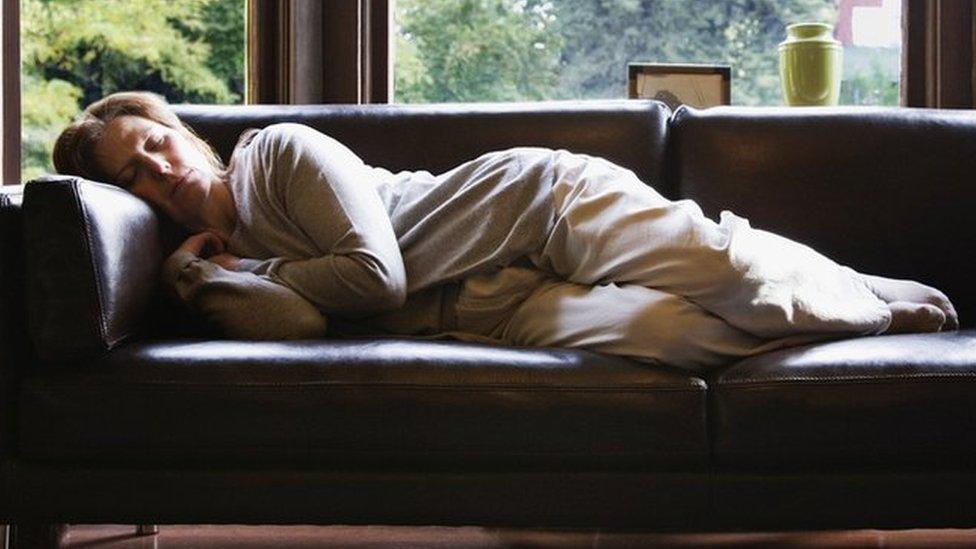One in 50 people in Scotland had long Covid - landmark study
- Published
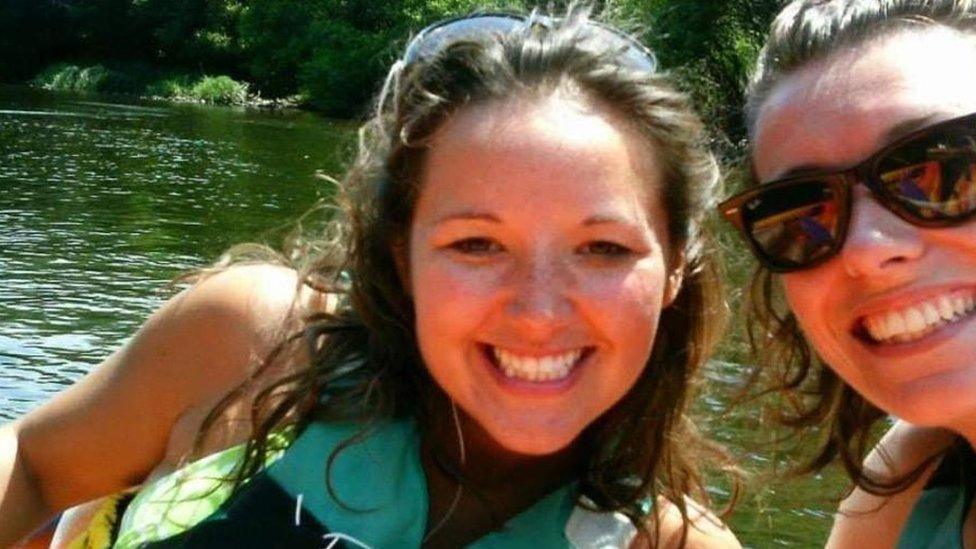
Ash Batchelor says she misses "being active" and playing hockey since catching long Covid
About one in 50 people in Scotland have suffered from lasting illness after catching Covid, according to a study.
The research, external, led by the University of Edinburgh, is one of the first estimates in the world of long Covid using population-wide data.
It found 1.8% of the population engaged with the NHS about persistent symptoms including fatigue and breathlessness.
However this was likely a "significant underestimate", researchers warned.
They said this was because the study did not include people who did not visit their doctor or were not formally diagnosed.
The last major Scottish study found one in 20 had long Covid.
The Scottish Intercollegiate Guidelines Network (SIGN) - the non-governmental body which provides clinical guidelines for the NHS in Scotland - defines long Covid, external as symptoms lasting longer than four weeks after contracting Covid-19.
However, throughout the pandemic there have been problems recording the prevalence of the condition.
This is because of factors such as the wide variety of symptoms people suffer and problems coding the condition in NHS systems.
The EAVE II project examined the medical records of more than five million people in Scotland between March 2020 and October 2022.
'Significant health burdens'
It found about 90,700 people had long Covid in the time period - the majority of which came from the study's "operational definition" of long Covid.
This involved examining unstructured information that health care professionals type into patients' notes and identifying phrases that indicated long Covid.
Cases were also identified by examining the language on sick notes and primary care records as well as using NHS clinical codes.
Researchers said the figure showed long Covid had a similar prevalence among Scots as strokes and COPD.
The study, which has been submitted for peer review, also found that long Covid cases were disproportionately common among people who were:
female
age 38-67
living with two or more pre-existing health conditions
overweight or obese
advised to shield
immunosuppressed
It said there were fewer cases of long Covid recorded when the Omicron variant was most common compared with the other variants seen in the UK.
Luke Daines, who is a GP and researcher at the University of Edinburgh, said: "If you think of 1.8% of the population, that's still a large number of people and makes it equivalent to diseases such as stroke, COPD, which are significant health burdens and we have clear pathways for treatment.
"So on the one hand this is an underestimate, but on the other hand it still shows quite clearly there are a large number of people that are needing help."

'The fatigue was like nothing I'd experienced before'
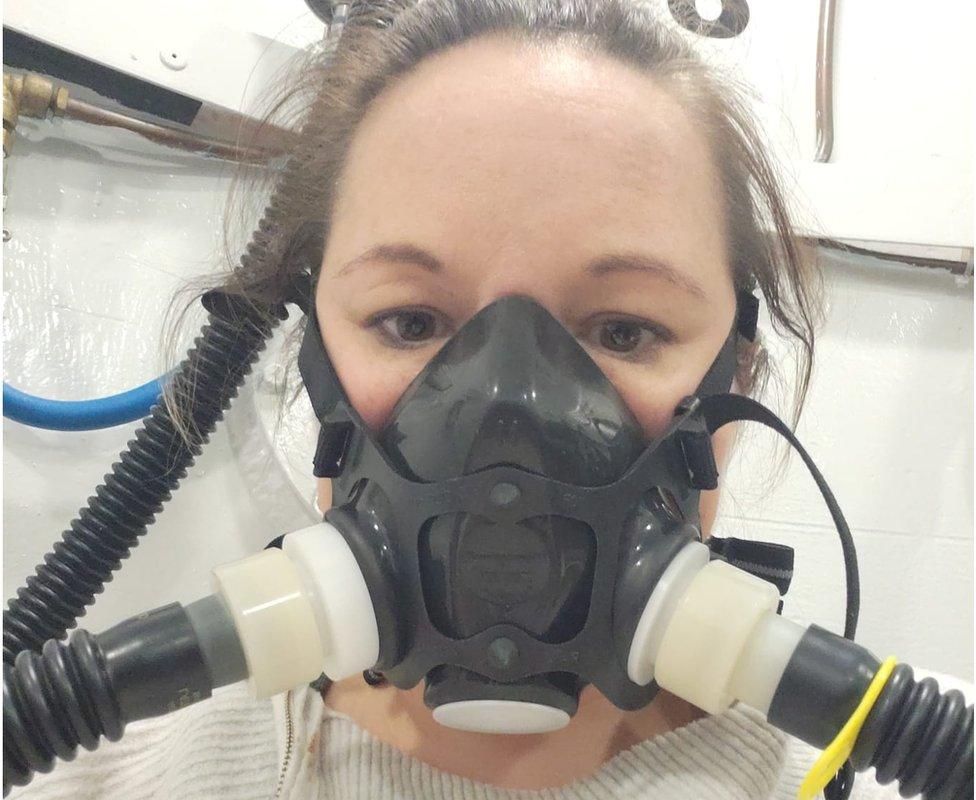
Ash has been forced to give up her job as a medical device rep following her long Covid infection
Ash Batchelor, 36, was on maternity leave when she developed Covid on her birthday in March 2020.
"I was due to go out for dinner that night with my husband. I was just so dizzy that I couldn't go anywhere so everything was cancelled and from then on, life has not been the same," she said.
Initially Ash was told that she had sinusitis after struggling with headache and sinus symptoms for several months.
Having recently given birth, she decided to attempt to "lose a bit of baby weight" and undertake the NHS Couch to 5k running plan.
She added: "By week three of the couch to 5k, I was absolutely floored.
"I was in pain, waking in the middle of the night, crying, having to run baths in the middle of the night, the fatigue was like nothing I've ever experienced before."
She said that every aspect of her life had been affected.
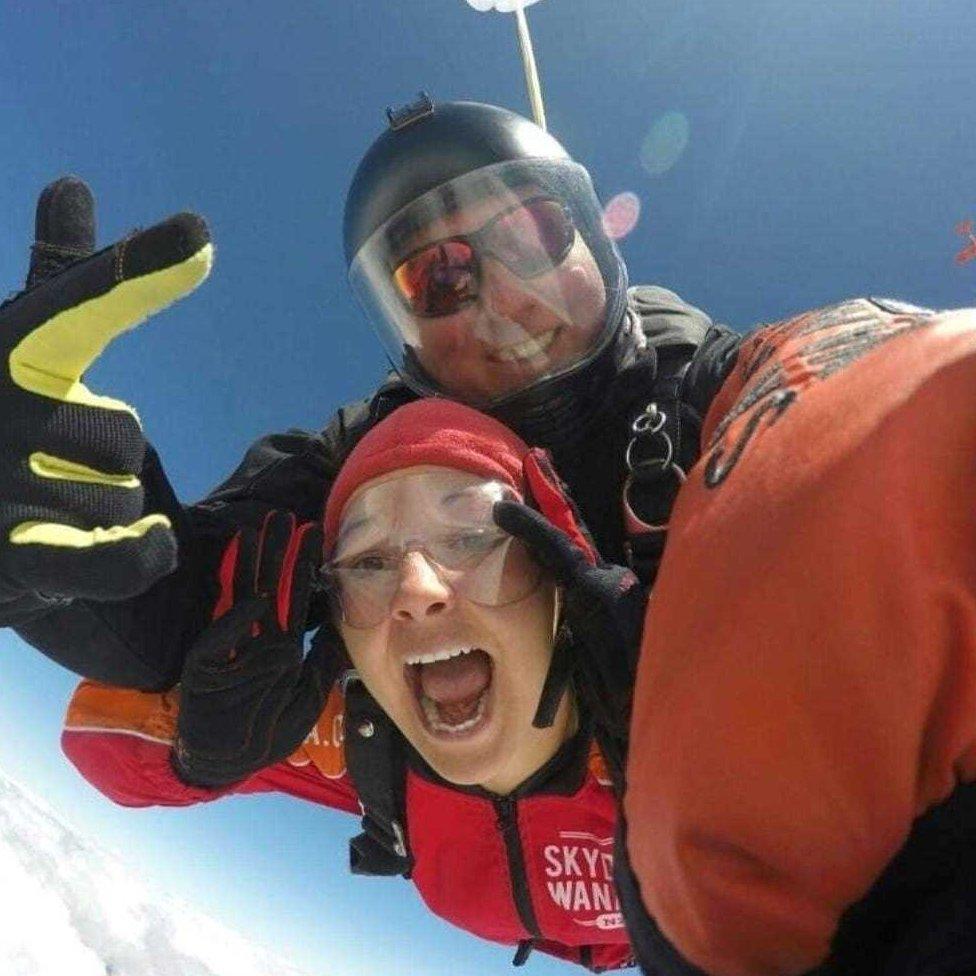
Before catching Covid, Ash worked as a medical device rep in operating theatres, where she was required to deliver training and introduce surgeons to new devices in different hospitals.
It was a job that required having to recall detailed information on the spot but she was forced to give it up.
"The symptoms I was experiencing didn't allow me to do half of that, let alone all of it," she said.
About a year into having long Covid, Ash was prescribed a wheelchair on the NHS so she was able to go to the park with her husband and her daughter on a Saturday morning.
Since the birth of her son six months ago though, she says her husband will usually take their daughter out, or both children, while Ash catches up on sleep.
Her main symptoms are chronic fatigue and chronic pain although she says that living with long Covid is "like a lottery" in its unpredictability.
"I'm so thankful for our family," she said. "I think without our two children, it would be a pretty bleak outlook, I think my mental health would be much worse.
"They give me purpose and focus and joy and frustration but without that, I think my life would probably feel extremely empty because all the other things I had are gone."
- Published12 October 2022
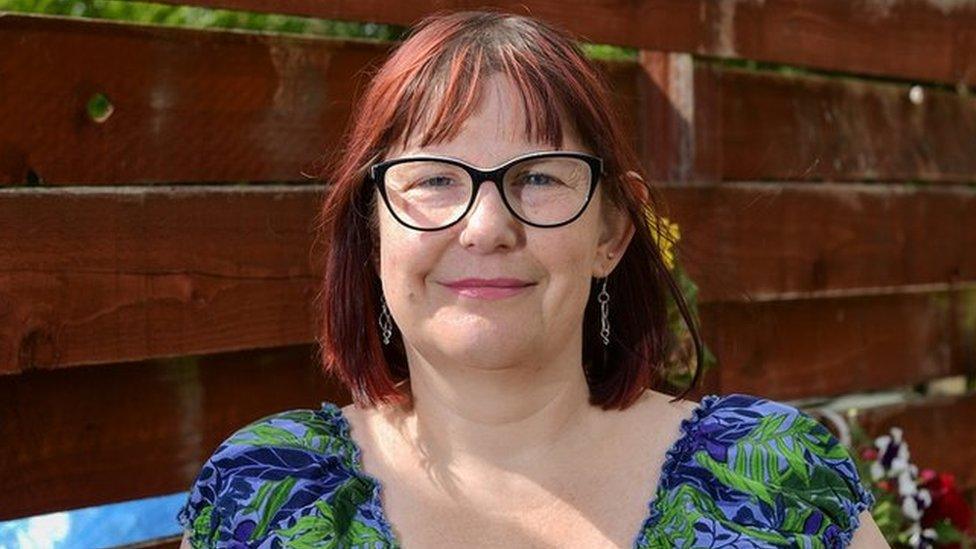
- Published22 August 2022
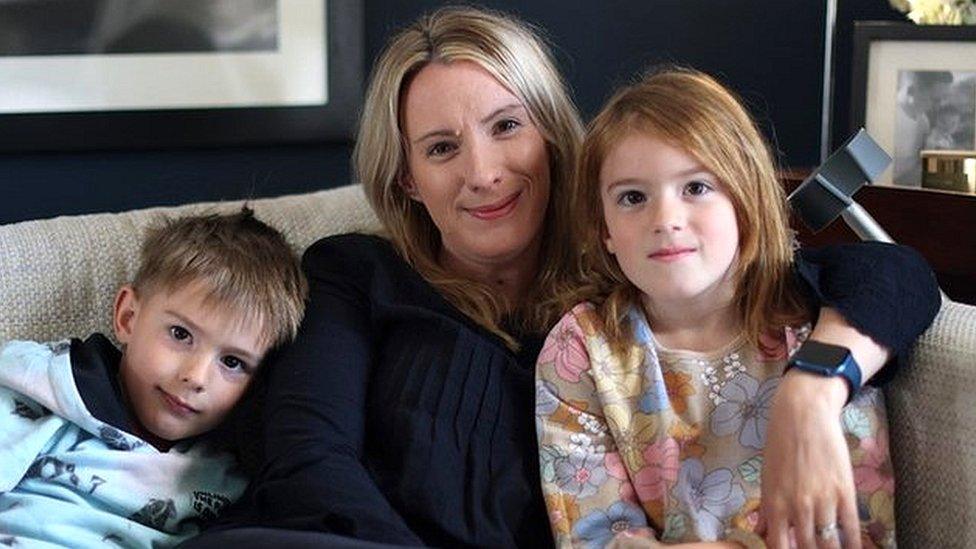
- Published31 July 2022
